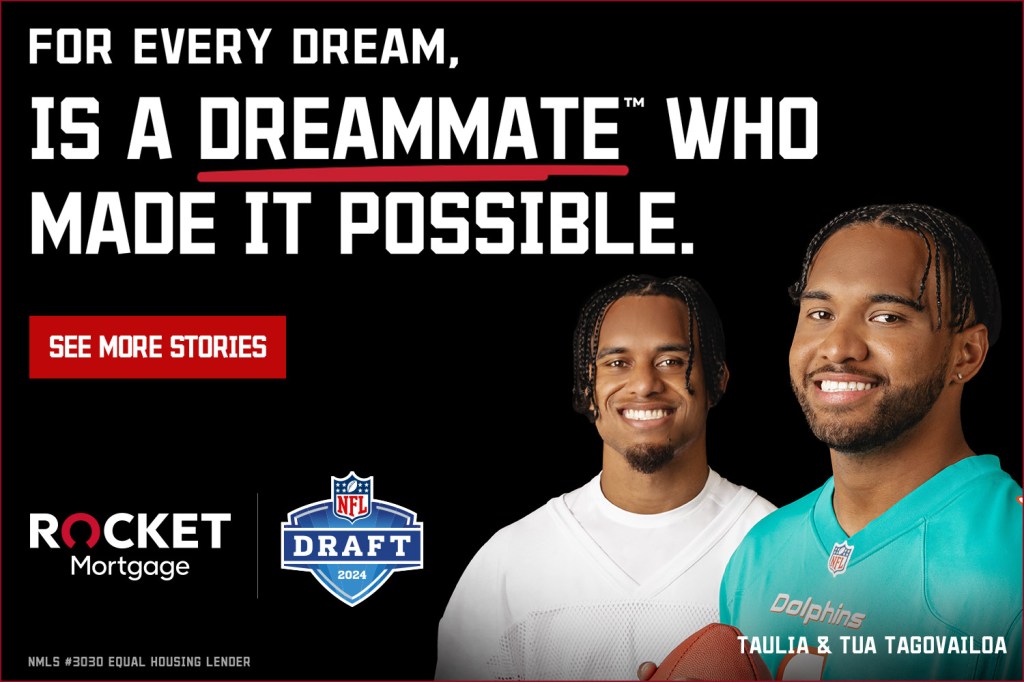Will the Timerberwolves’ unsettled ownership situation distract the team during the playoffs? … Big issues remain for the country’s most well-known regional sports network operator. … NFL draft season is like Christmas for league insiders. … And a women’s college basketball legend hopes the sport doesn’t take one inspiration from the men’s game.
—Eric Fisher and David Rumsey
|
|
|
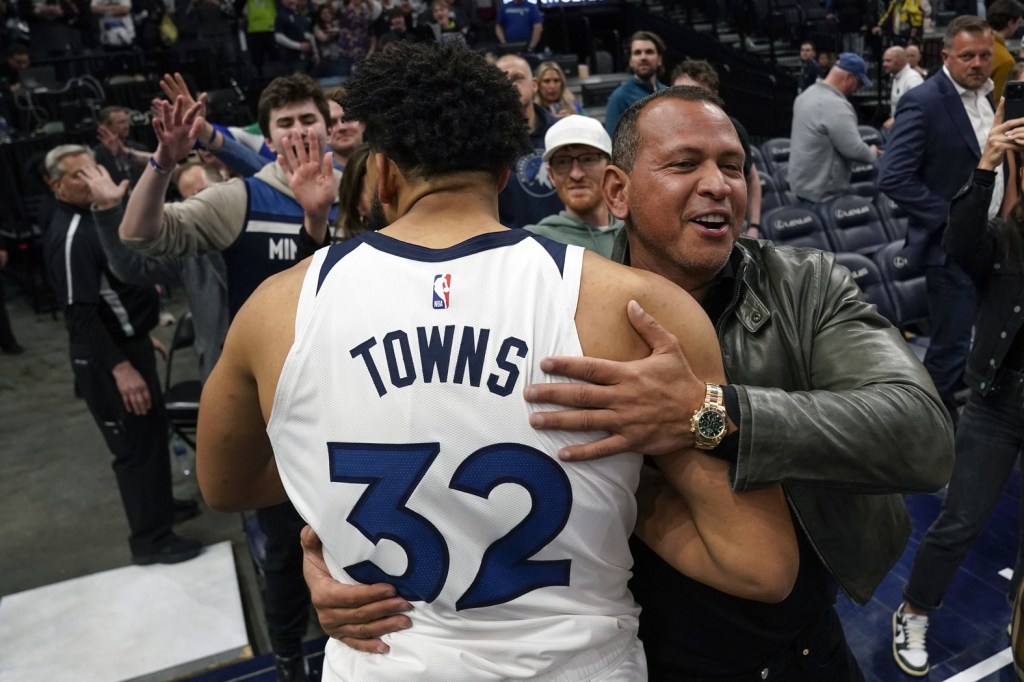
|
Nick Wosika-USA TODAY Sports
|
The Timberwolves are entering the NBA playoffs after the franchise’s best regular season in two decades. You’d need to go back to 2004, when Kevin Garnett led Minnesota to 58 wins and then to the Western Conference Finals, to find a T-Wolves team this successful. On Saturday, fans will get to see Kevin Durant, Devin Booker, and the Suns come to town to tip off one of the best matchups in the first round.
Life is good in Minnesota, right?
It should be. But there’s one not-so-behind-the-scenes issue clouding the Timberwolves this postseason: No one knows who the team’s owner is going to be this time next year. The future of the franchise looks like it will be decided in arbitration after majority owner Glen Taylor took Minnesota off the market just weeks ago, thwarting the planned transfer of control to current minority owners Alex Rodriguez (above) and Marc Lore.
It’s been almost three years since Rodriguez and Lore agreed to a deal that was intended to eventually make them majority owners. (That deal valued the franchise, along with the WNBA’s Lynx, at $1.5 billion.) Last month, Taylor said that the pair, who together own 40% of the T-Wolves and Lynx, missed a deadline to make a payment. But Rodriguez and Lore dispute that claim—and NBA commissioner Adam Silver said the league has no plans to get involved. So, the saga is headed to court.
All Eyes on the Courtside Seats
Last Friday, Taylor, Rodriguez, and Lore were all spotted at Minnesota’s Target Center for the Timberwolves’ penultimate game of the regular season. On Thursday afternoon, a team spokesperson told Front Office Sports they did not have confirmation of any of the trio’s plans to attend Saturday’s game. Game 1 could have been a landmark moment to celebrate the team’s success and the start of a new era for the organization. Now, it’s all a bit muddy.
|
|
|
|
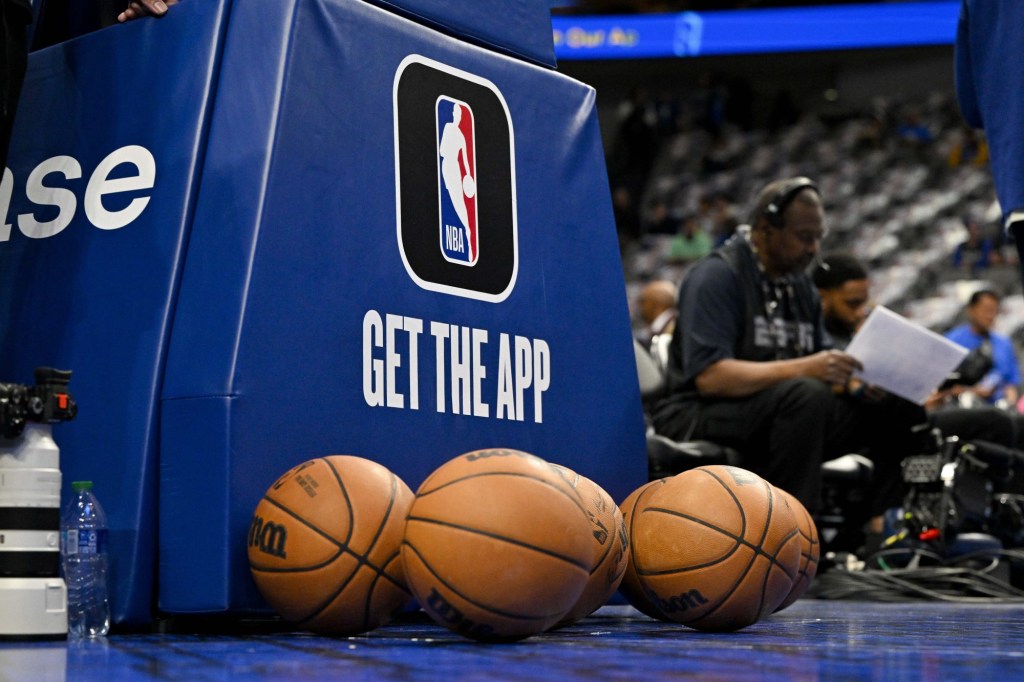
|
erome Miron-USA TODAY Sports
|
Diamond Sports Group is inching closer to exiting bankruptcy, but numerous issues remain in front of the embattled parent of the Bally Sports regional sports networks, including core concerns relating to both what programming it will have and where it will be distributed.
At a court hearing held this week in Houston, DSG received approval of a disclosure statement that outlines its plan to exit bankruptcy. That assent was another procedural step following the court’s prior approval of a legal settlement between DSG and its parent company, Sinclair Inc., as well as $450 million in debtor-in-possession financing to aid with its restructuring.
The next big step for DSG will be a hearing on June 18, when the company is slated to seek confirmation of the full reorganization plan. But between now and then, several key questions must be resolved. Among them:
- What’s on the air? A $115 million bankruptcy exit financing deal with Amazon, in which the online retail and streaming giant will receive a 15% equity stake in DSG, is predicated on undoing prior deals DSG struck with the NBA and NHL that would return local media rights to those leagues after the 2023–24 season—pacts that were based on a previous assumption that DSG would be ceasing operations. DSG’s long-term status with MLB is also unresolved. DSG has presented proposals for longer-term agreements with the NBA and NHL that include “rights fee modifications” and also contemplate digital rights.
- Who will distribute DSG? The company recently struck a multiyear carriage deal with Charter, the country’s largest cable operator, but discussions are still ongoing with Comcast and DirecTV. If DSG is not able to reach agreements with the second- and third-largest distributors in the business, its ability to maintain a critical mass of subscribers and generate revenue would be severely impaired. In fact, DSG said about 81% of its distribution revenue is tied to those three companies, and distribution represents the vast majority of DSG’s total revenue. MLB also raised further questions about the economics of the Charter deal at the hearing, with Jim Bromley, a lawyer representing the league, saying, “We hope the debtors are going to be able to do what they have said they’re going to do.”
- What will be the impact of the NBA’s national rights talks? The league is about to allow exclusivity periods for ESPN and Warner Bros. Discovery to lapse in ongoing talks for the next cycle of national media rights. That will open up the NBA for additional suitors, and discussions there are likely to have a material role in how the league ultimately approaches this regional situation.
“We are focused on reaching long-term agreements with our partners to enable us to continue serving fans across the U.S. and delivering meaningful value to distributors, teams, and leagues,” DSG said in a statement.
|
|
|
|
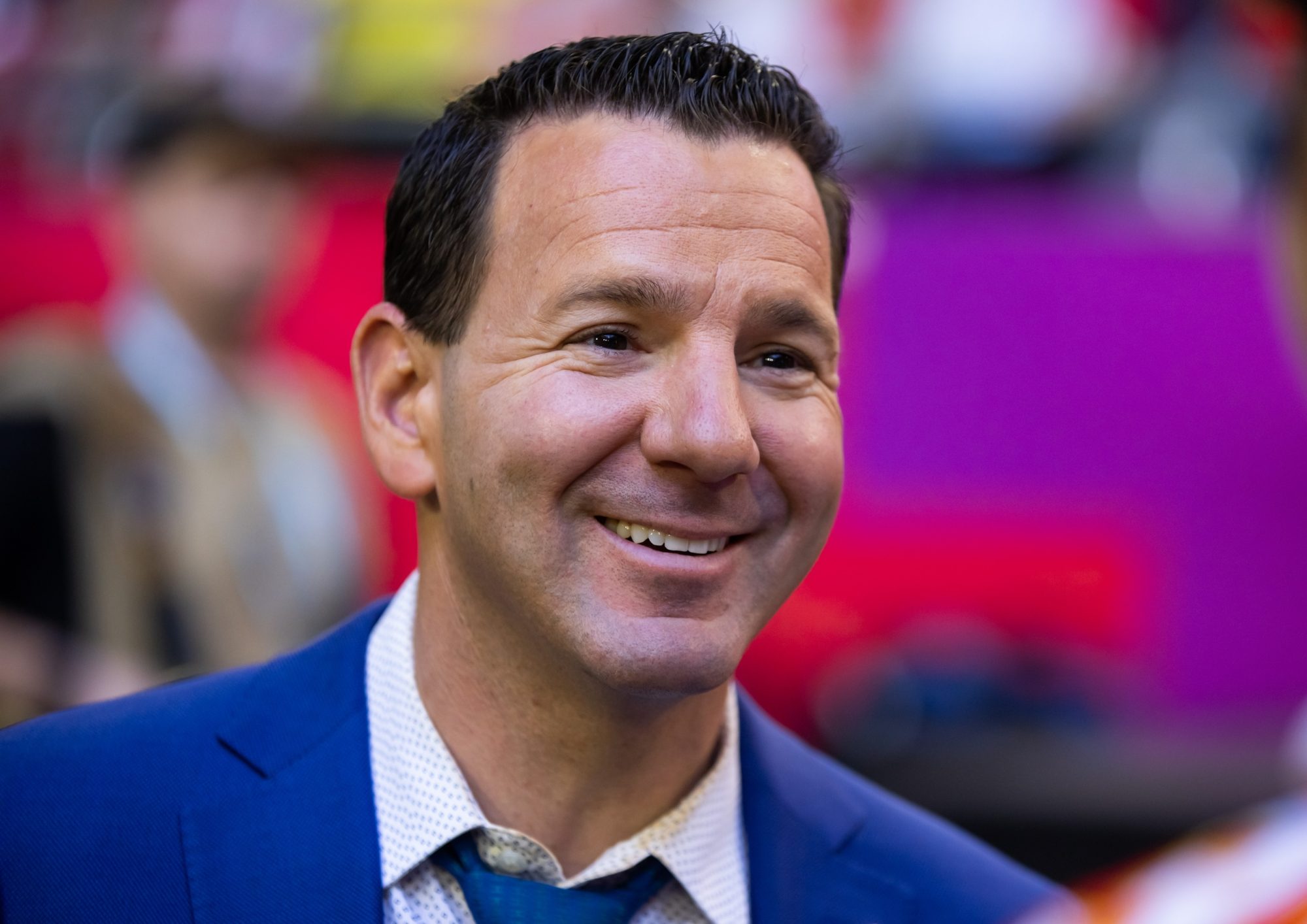
|
For NFL Network insider Ian Rapoport, the draft is his extreme happy place. He loves the anticipation, the maneuvering, and, above all, he loves the chaos. Rapoport joins the pod today to break down what to expect next week in Detroit, how “risk-happy GMs” have changed the game, and why his favorite time of year is 10 minutes before the draft begins.
🎧 Listen and subscribe on Apple, Google, and Spotify.
|
|
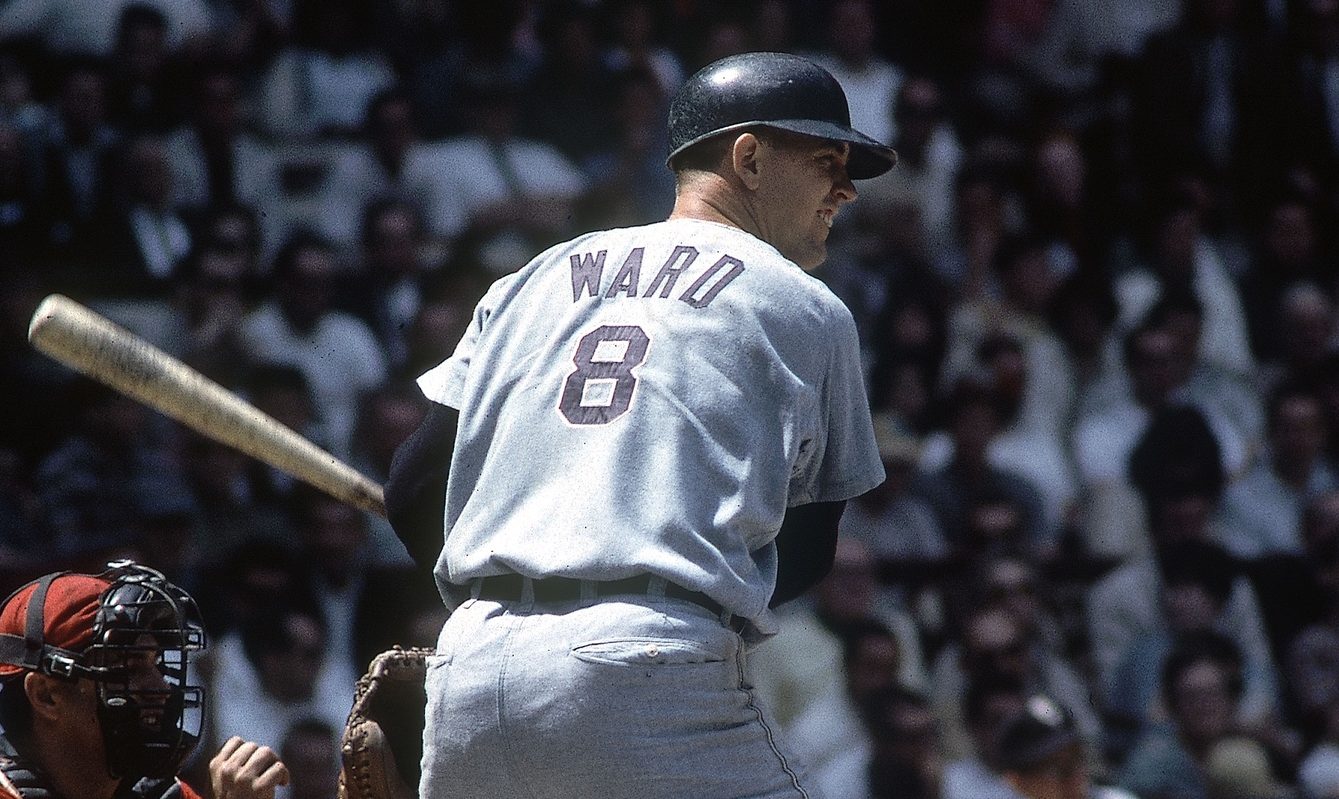
|
On this day 64 years ago: The White Sox became the first team in any major sports league to wear players’ names on the back of their road jerseys, supplementing the use of numbers only that had been in place across numerous sports for more than 40 years. The brainchild of then-White Sox owner Bill Veeck, the modification was just one of many innovations and promotions—some successful, some not—that he introduced over his lengthy career in baseball, including exploding scoreboards, shorts to replace uniform pants, and broadcaster Harry Caray singing “Take Me Out to the Ball Game.”
Veeck’s move was soon copied across multiple sports, including by most American Football League teams upon their debut in the fall of 1960. But some team owners in various sports initially resisted, believing the jersey names would cut into scorecard sales. The use of names also has helped fuel a sports memorabilia boom that continues to this day, deepening fans’ connections to their favorite stars. Even the Yankees—still a noted holdout on the jersey name trend (known among collectors and uniform watchers as NOB, for “name on back”) for its official on-field jerseys—offer a wide array of merchandise for fans with player names.
The White Sox’ more traditional use of player last names also paved the way elsewhere for nicknames and other creative uses of that jersey space, such as Rod Smart’s infamous “He Hate Me” in the original iteration of the XFL. And more than six decades after Veeck’s move, the size and arching of the letters in those player names on MLB’s newly redesigned jerseys is a source of significant debate.
|
|
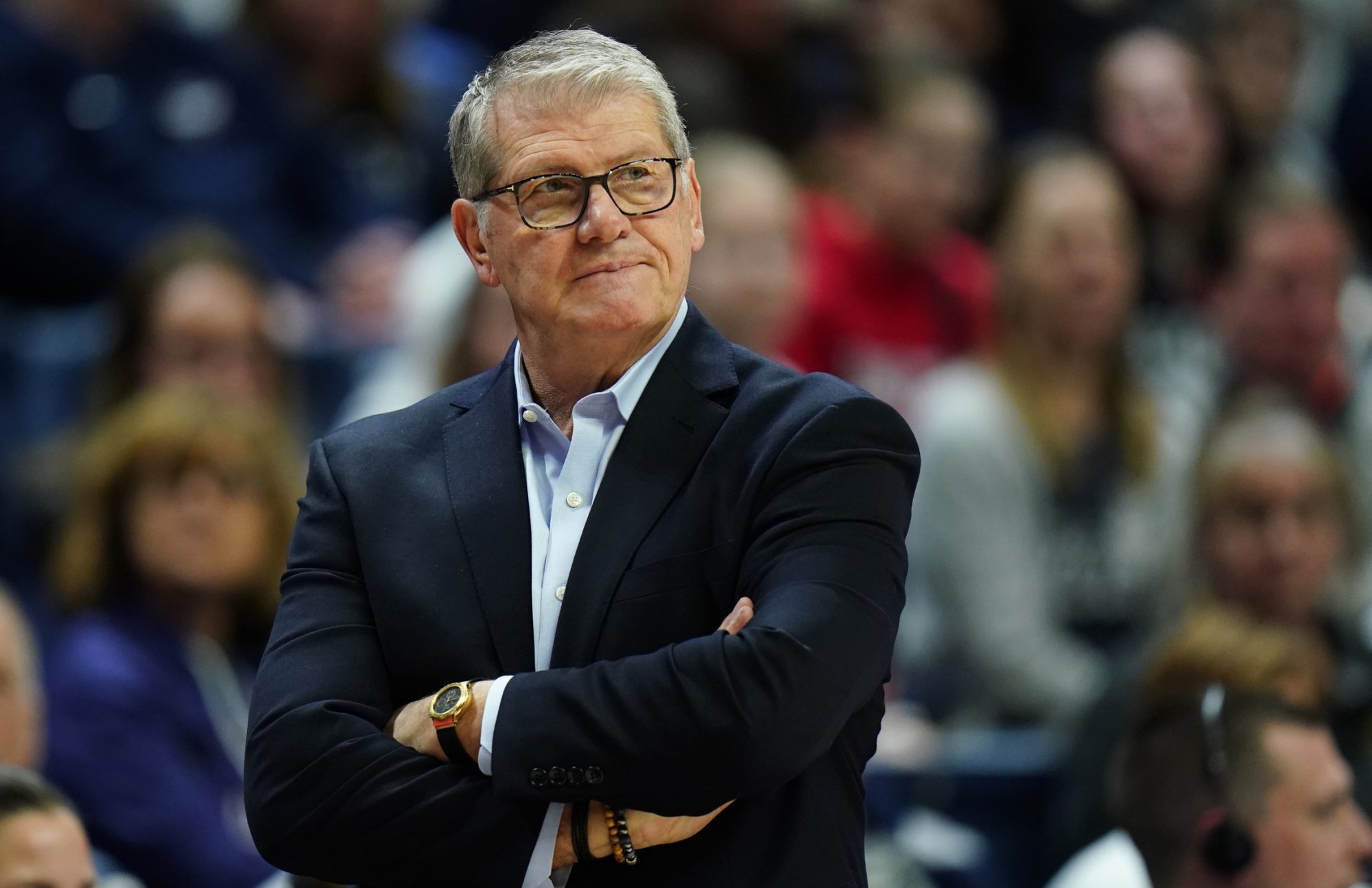
|
“It depends whether you want the game to grow or you want to kill it.”
—UConn women’s basketball coach Geno Auriemma, on a potential one-and-done rule for women’s college basketball. Currently, players can’t enter the WNBA draft until they have graduated college or are within three months of doing so, or until the calendar year they turn 22. During an interview on ESPN Radio, Auriemma said men’s college basketball has become too transactional. “Everybody’s a free agent,” he said. “Everybody’s a mercenary. It’s not the kids’ fault.” Auriemma also speculated that Caitlin Clark became so popular because she had time to develop a fan base at Iowa.
|
|
- Mizzou’s Memorial Stadium is set to undergo $250 million in renovations by 2026, including the addition of 51 new suite spaces and 2,000 premium seats, making it the school’s priciest athletic facilities project yet. Here’s a look at some renderings.
- Speaking of new sports facilities, the Seattle Storm have unveiled their new $61 million performance center. Check it out.
- Travis Kelce’s new game show on Amazon isn’t the only project the NFL star is working on. See what else Kelce has coming up.
|
|
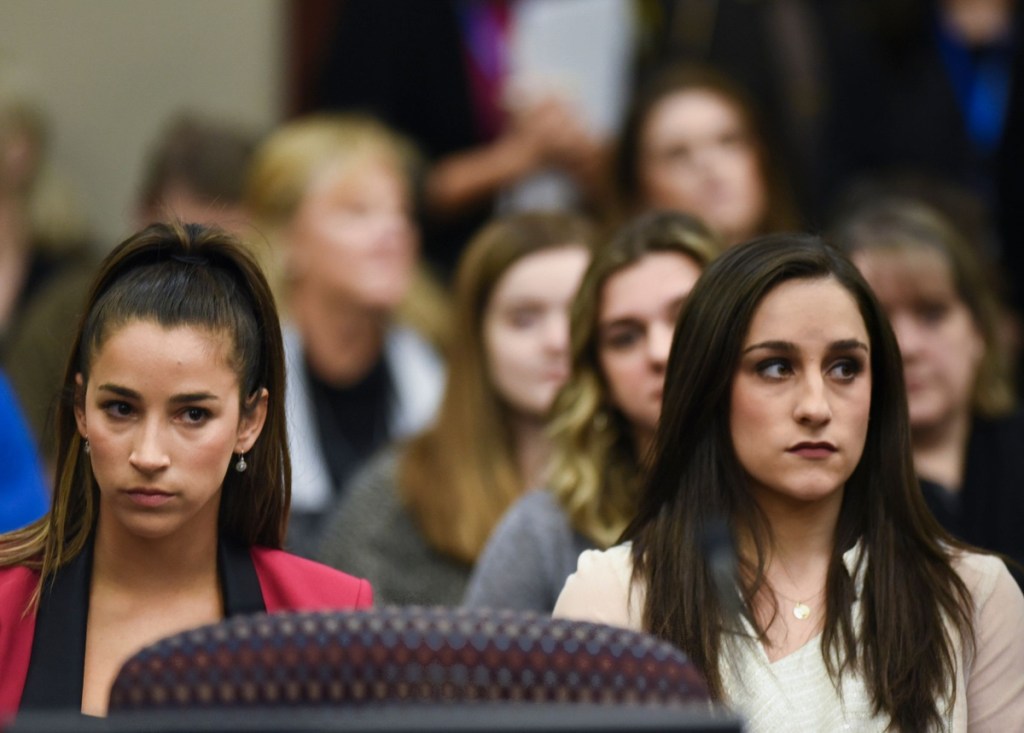 | The reported settlement brings victim payouts to nearly $1 billion. |
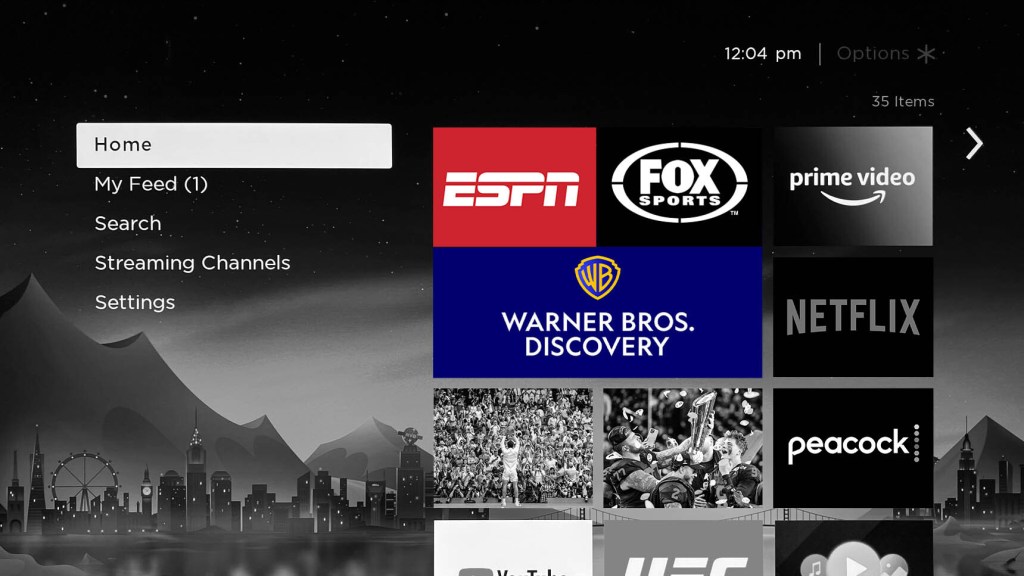 | A pair of high-powered Congressmen are demanding answers about the forthcoming service.
|
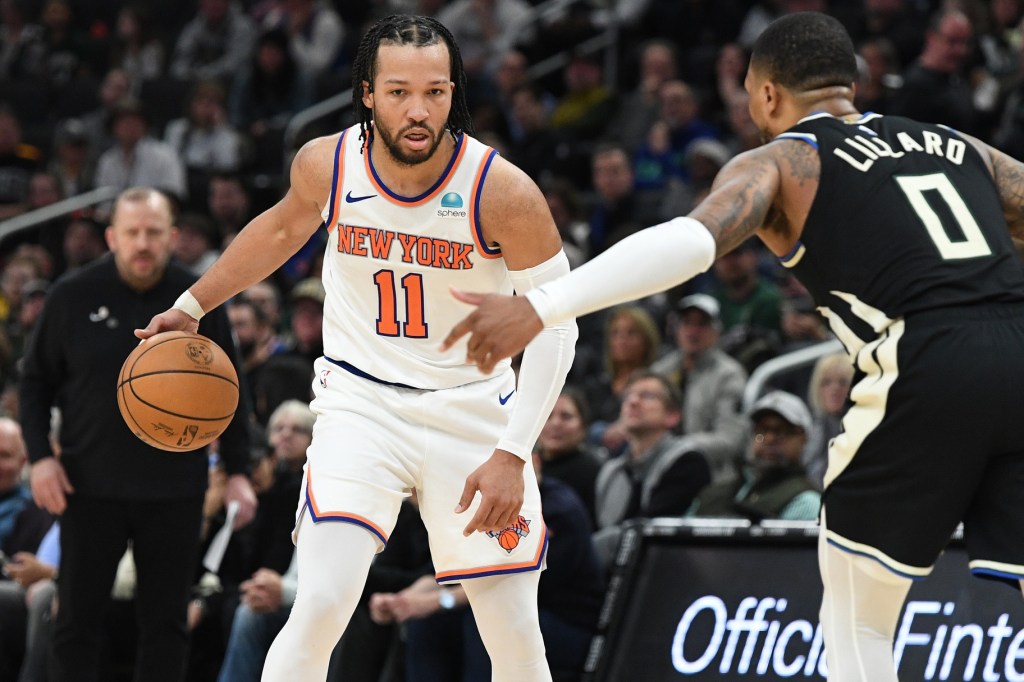 | The league is reportedly letting Monday’s deadline pass without a deal. |
|
|




